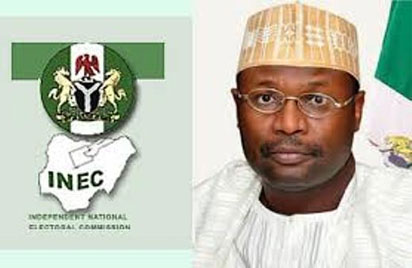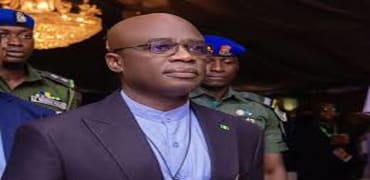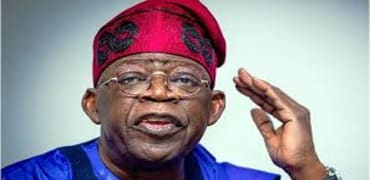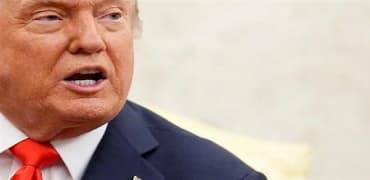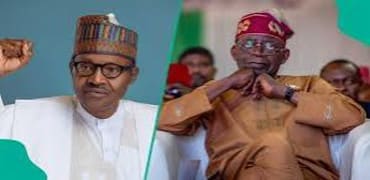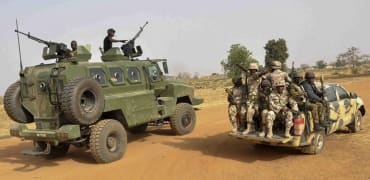INEC’s N126 Billion Demand: Why N40 Billion Won’t Cut It for Nigeria’s 2025 Elections
INEC’s N126 Billion Demand: Why N40 Billion Won’t Cut It for Nigeria’s 2025 Elections
By Achimi Muktar
Elections in Nigeria are high-stakes events requiring substantial financial investment, and the Independent National Electoral Commission (INEC) is sounding the alarm on an urgent funding shortfall. INEC Chairman Mahmood Yakubu has made a compelling case for increasing the commission’s budgetary allocation from the N40 billion set aside in the 2025 budget estimates to a staggering N126 billion.
Appearing on Friday before the joint committee on INEC and electoral matters of the Senate and House of Representatives in Abuja, Mr. Yakubu laid out the challenges. “Our proposal for the 2025 budget provision requires the sum of over N126 billion,” he stated. Backing this figure, he presented a detailed line-by-line breakdown of how the funds would be utilized.
The Cost of Democracy
Mr. Yakubu highlighted the financial realities underpinning Nigeria’s elections, emphasizing that the N40 billion allocation wouldn’t even cover a third of the commission’s projected expenses. He underscored that electoral activities, which include off-cycle elections for 21 constituencies, the Anambra Governorship election, and routine personnel costs driven up by the new minimum wage, demand a much larger budget.
“Aside from the off-cycle elections,” Mr. Yakubu explained, “personnel cost alone will gulp the N40 billion budgetary envelope. This makes it clear that the current allocation is grossly inadequate.”
In recent years, the inadequacy of INEC’s budget has been addressed through supplementary interventions. For instance, the commission received N10.5 billion for the Edo and Ondo elections in 2024 and an additional N500 million for bye-elections. These figures, however, fall far short of what is needed to sustain Nigeria’s democratic processes in 2025.
National Assembly’s Response
Legislators on the joint committee were sympathetic to INEC’s plight. Senator Ireti Kingibe assured the commission of their support, framing the issue as not merely “seeking” N126 billion but ensuring its provision.
“The situation is clear,” she said. “It’s not about whether the funds are needed but about how to provide them.”
Following the public budget defence, the committee entered a closed-door session with Mr. Yakubu and other INEC officials to discuss strategies for sourcing and appropriating the additional funds in the 2025 fiscal year.
The Bigger Picture
This budgetary discourse shines a spotlight on the increasing financial demands of conducting elections in Africa’s most populous nation. With INEC’s responsibilities expanding and constitutional obligations remaining uncompromised, ensuring adequate funding is not just a bureaucratic necessity but a safeguard for democracy itself.
As the clock ticks toward 2025, the National Assembly faces the task of bridging the financial gap to support INEC’s mandate. The outcome of these deliberations will ultimately shape the trajectory of Nigeria’s democratic journey.



